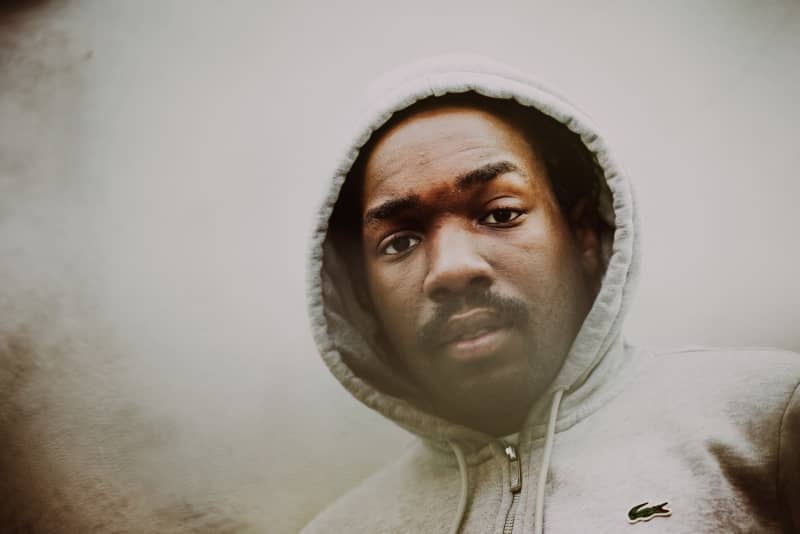Cultural guest Ege Zulu is one of the hottest rap artists of the moment.
He begins to tell about his rough teenage years and does it without embellishment.
Ege Zulu’s story is not so sad, because the 22-year-old rapper is doing well now. He is one of the most hyped up-and-coming artists in Finland at the moment. For example, YleX chose him as the 2022 Läpimurto artist who is most likely to come to the attention of the general public this year.
The artist who has streamed millions of times on Spotify wants to show that there is also a chance to rise to success from the hard streets.
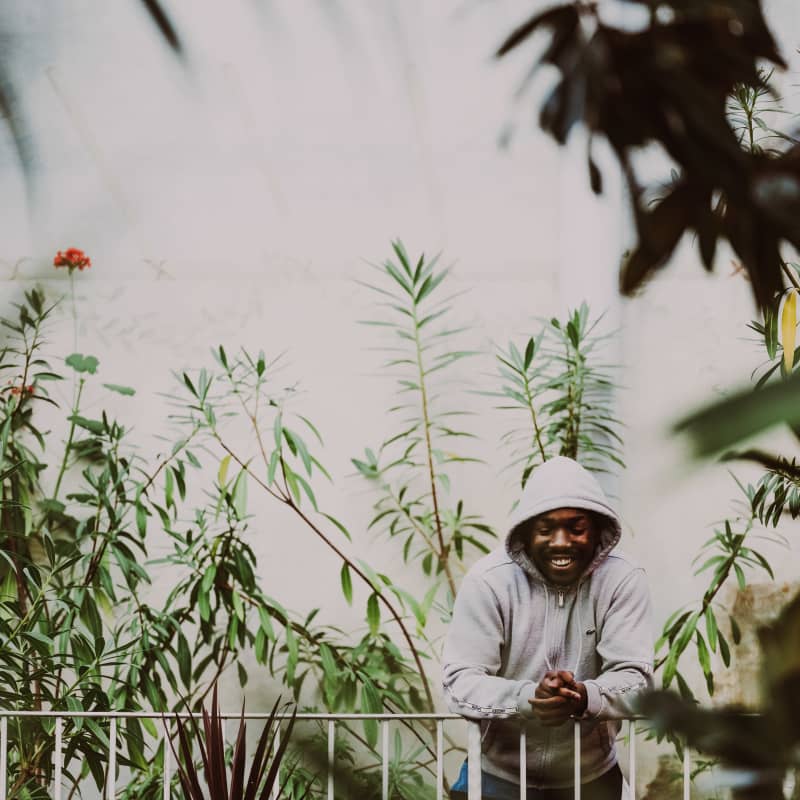
Growing up in communities
Eugene Mokulu spent his childhood in Roihuvuori in Eastern Helsinki. The family’s parents are from the Congo, and Mokulu, who was born in Finland, is the culmination of a family of six children.
Religion has always been a strong part of family life. Father is a pastor in the Saalem congregation, which is the largest Pentecostal congregation in Finland with approximately 3,500 members.
– I had to go to church every Sunday until I was 17, Mokulu says.

The congregation offered a tight-knit community that strongly included music. The father and two brothers played several instruments, from guitar to bass and piano.
The youth center played a big role in Mokulu’s childhood, because there he found like-minded company. Friends were also found in football and ice hockey.
Early teens’ life seemed to be on track, but then everything changed.
The street gang took it with them
Hate and revenge. That’s what Mokulu felt when he ended up in a street gang at the age of 13.
He started hanging out with native Finns and people from foreign backgrounds of the same age in the shopping centers of Eastern Helsinki.
The gang fought with other gang members and stole. Once the police brought Mokulu home because he was brandishing a toy gun.
– I have never been attracted to unpleasant things. I went there myself.
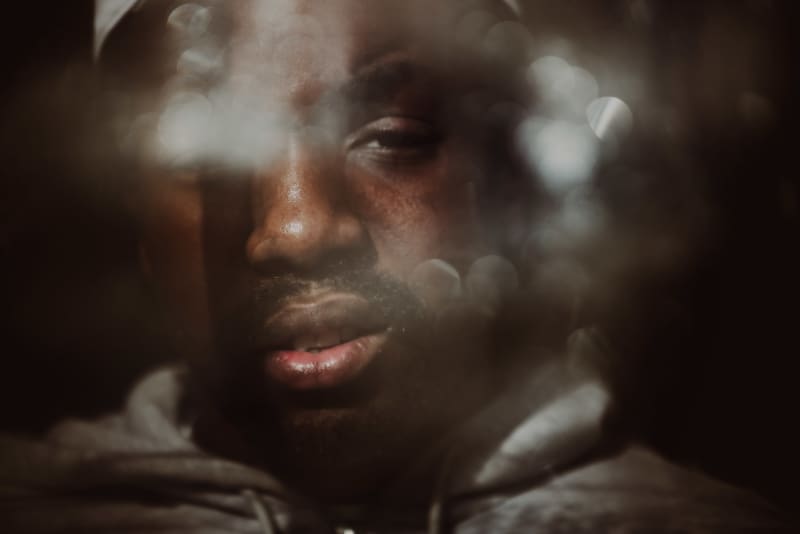
Mokulu joined the gang because he felt the same as many others of his age. They felt that they had dropped out of society, when school was no longer interesting and playing football didn’t seem to guarantee a good future either.
He talks about the humiliation that had to be avenged. For someone, it could mean years of bullying, which had to be resolved by fighting.
Mokulu himself felt that he was in a lower position compared to others as a foreigner.
– When everyone else got mopeds, our parents couldn’t afford to buy them. If no one bought me anything, I would get them myself.
He ended up stealing the scooter.
Drugs also circulate in gang patterns. Some started using drugs at the age of 14.
He now tells what has happened to a few. Three of Mokulu’s childhood friends died of overdoses in their early twenties.
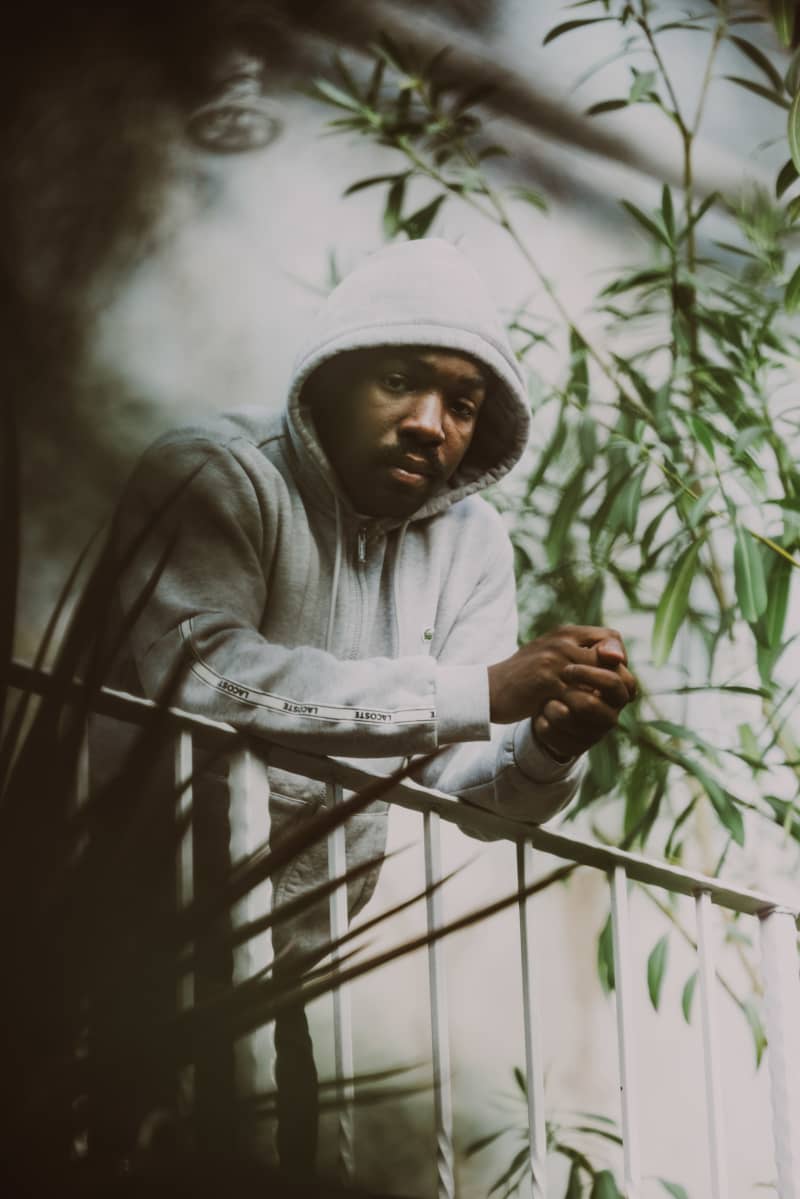
Breaking out of the gang
After a couple of years, the street gang mood started to get out of hand. Mokulu was partially expelled from school, and he was constantly caught shoplifting. The face became familiar to the police.
– The police could come to ask what’s up and if you’ve been nice.
According to Mokulu, leaving the gang started with the fact that, with age, more sense began to come to mind. A religious upbringing helped him to understand that he had done wrong to many people.
I had to start looking for a better direction for life. Family, church and music helped in that.
The decisive moment Seven years ago was when a social worker urged him to return to football.
– Sometimes I saw the silly friends I used to hang out with and noticed that their mood was starting to get bad. After that I went back to old friends who don’t do anything strange. We played football every single night.
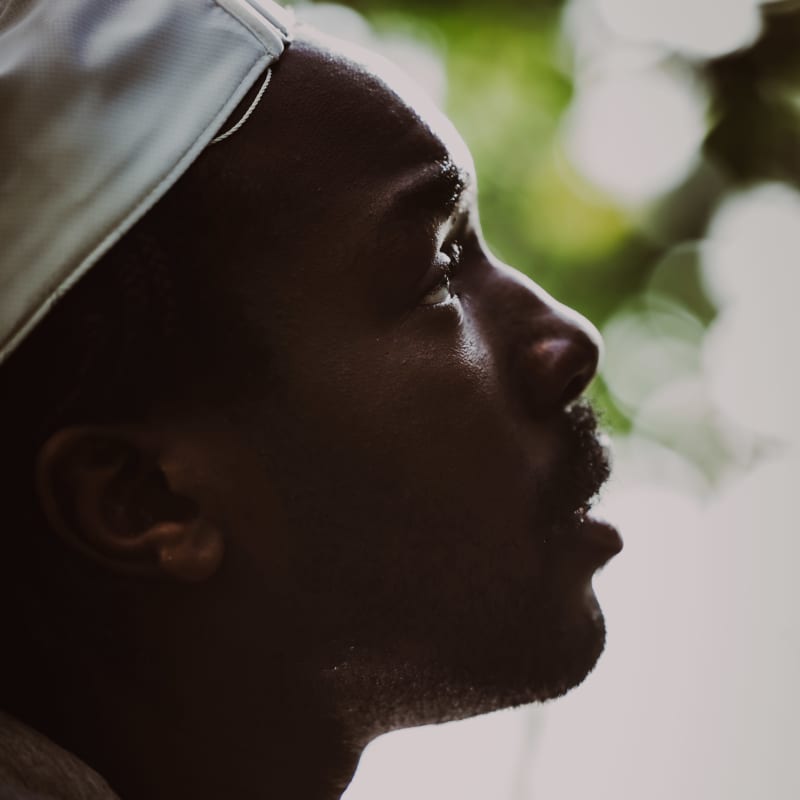
Street gangs have been on display again in mid-October, when a shooting between gangs in Vantaa from a year ago has been discussed in court.
Already a year ago, there was a discussion about whether gang crime in Finland would turn into a similar problem as in Sweden.
Mokulu estimates that the actions of street gangs have worsened since his gang days, but it is still not a problem like in Sweden.
According to him, the reason for joining gangs is still the same: young people’s lives are hopeless.
In his opinion, the best way to prevent gangs would be to invest more in sports.
Mokulu takes East Helsinki, which he knows, for example, where many young people play football or ice hockey, but the hobby is not supported enough.
In Finland, football can only be played outside for a few months, but after that there are few indoor places. Playing ice hockey is downright impossible for many.
– I don’t understand that lätkä is number one in Finland, but how is it possible that it costs so much here?
Mokulu wants to show by example what good sports can achieve. In August, he organized the Nähää kentäl friendly soccer tournament in Eastern Helsinki, where the title of the best region was played. The tournament was won by the Myyrmäki team.
Music therapy
*\”Sorry to all of you*
*I didn’t want to hurt you*
*I’m really sorry about that*
*Ege Zuluu regrets.”*
Ege Zulu goes through his youthful frolics with his newly released song *Sori.* It can be found on the *Oi maamme Helsinki* album released last month.
Mokulu has been recording since 2018 and released two EPs and two albums.
Making music has been therapy for him. He has been able to express his feelings and experiences growing up in Eastern Helsinki through rap.
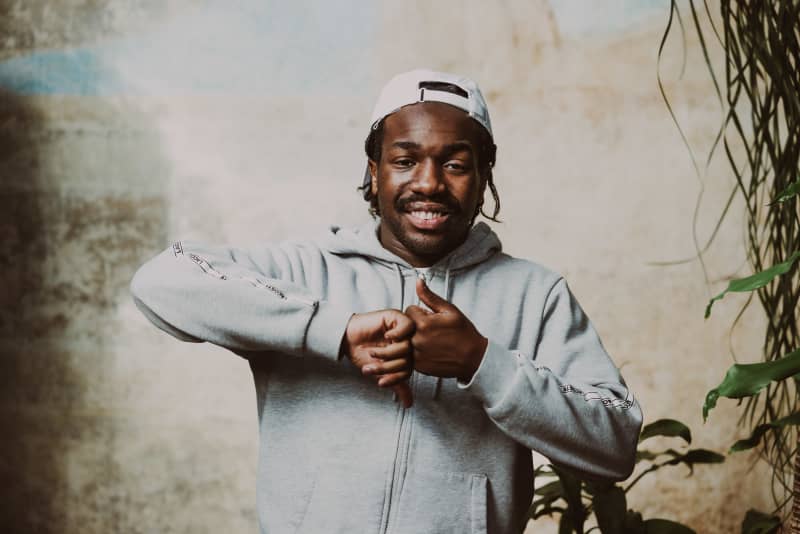
His music is influenced by French rap, which includes the musical traditions of African immigrants. For example, when he deals with Finnish melancholy, the rhythms have a positive rhythm.
Ege Zulu represents a new wave of rappers with an immigrant background. Until a few years ago, they were not seen in mainstream music.
– It was not seen before that it was possible. Now you can succeed in rap and move forward.

